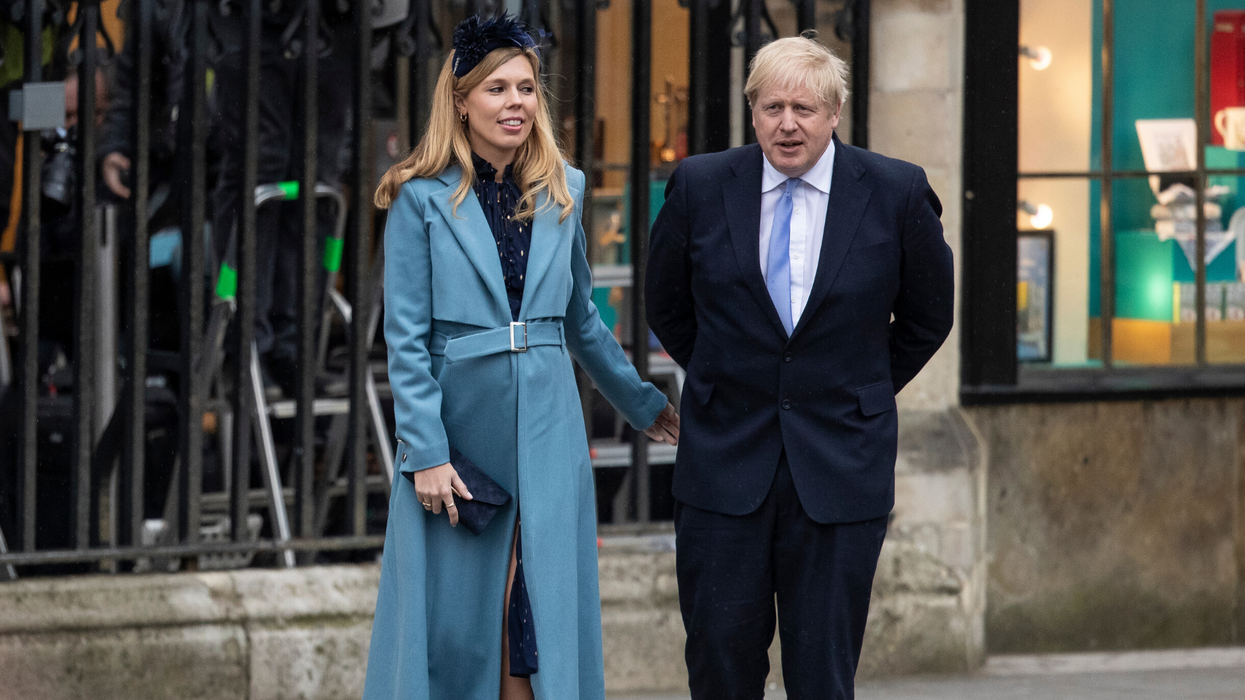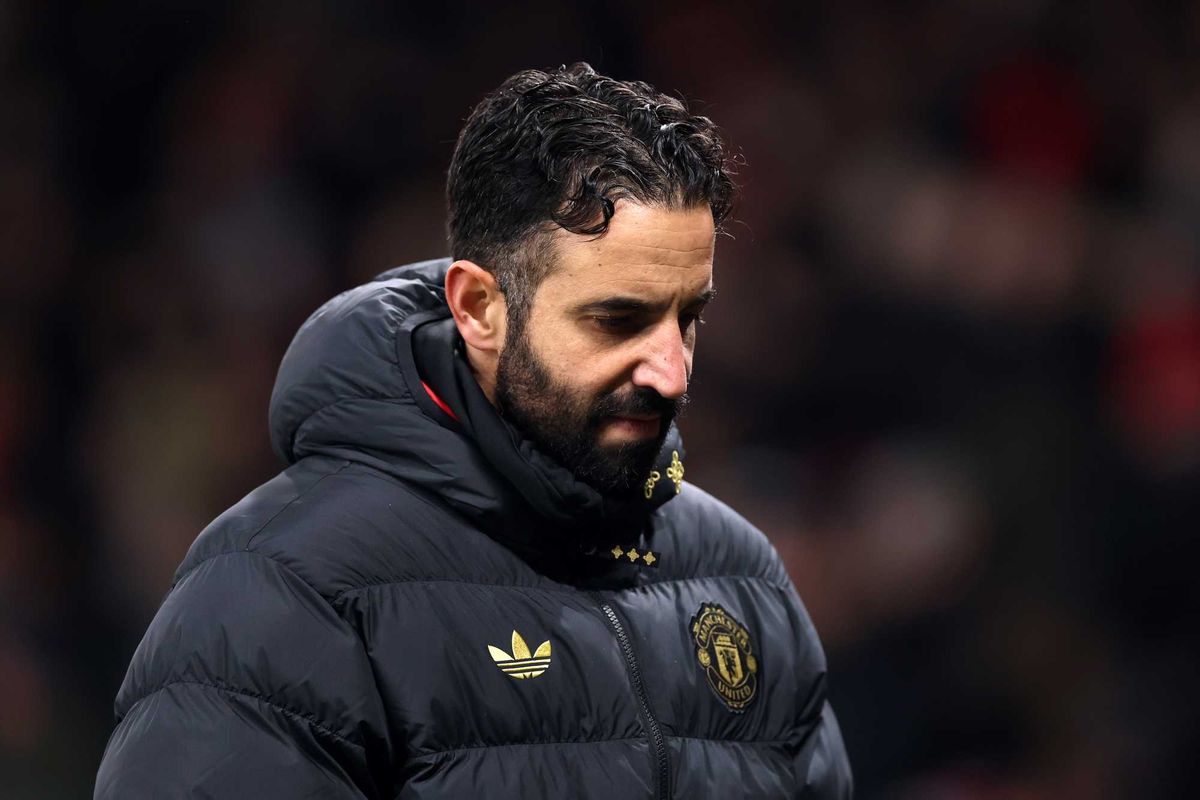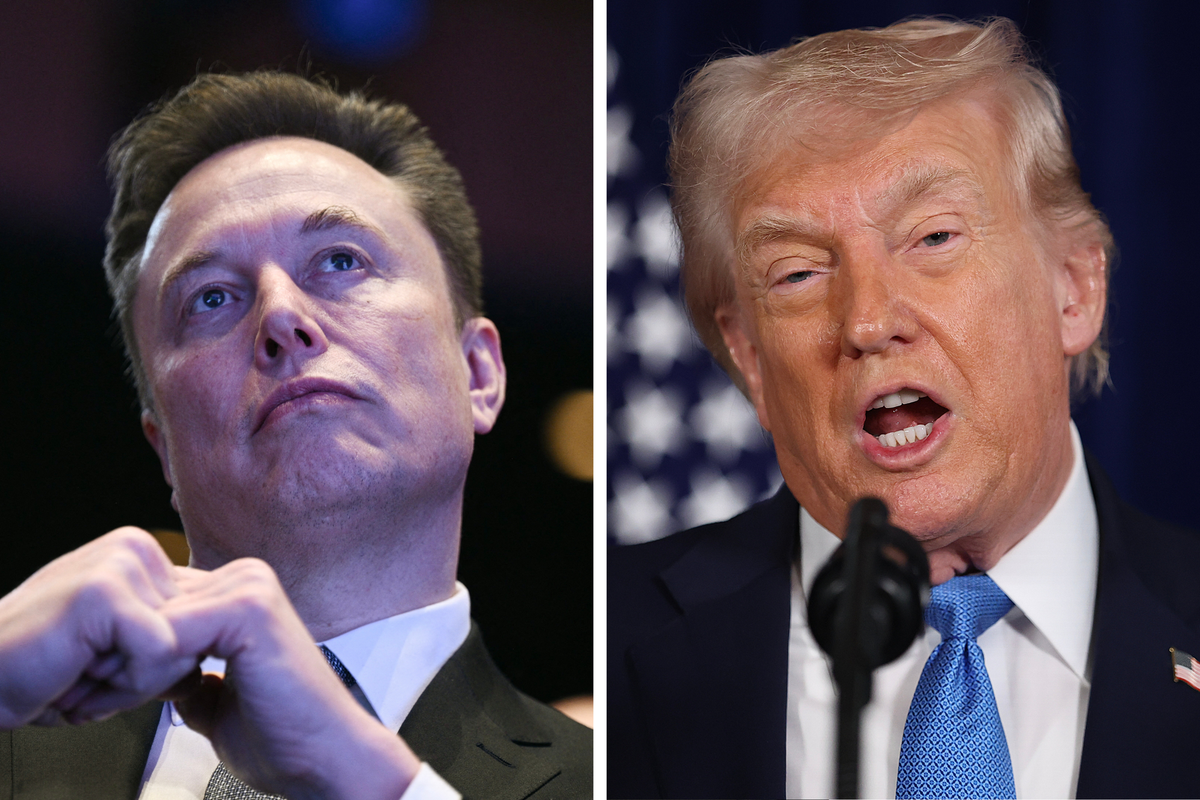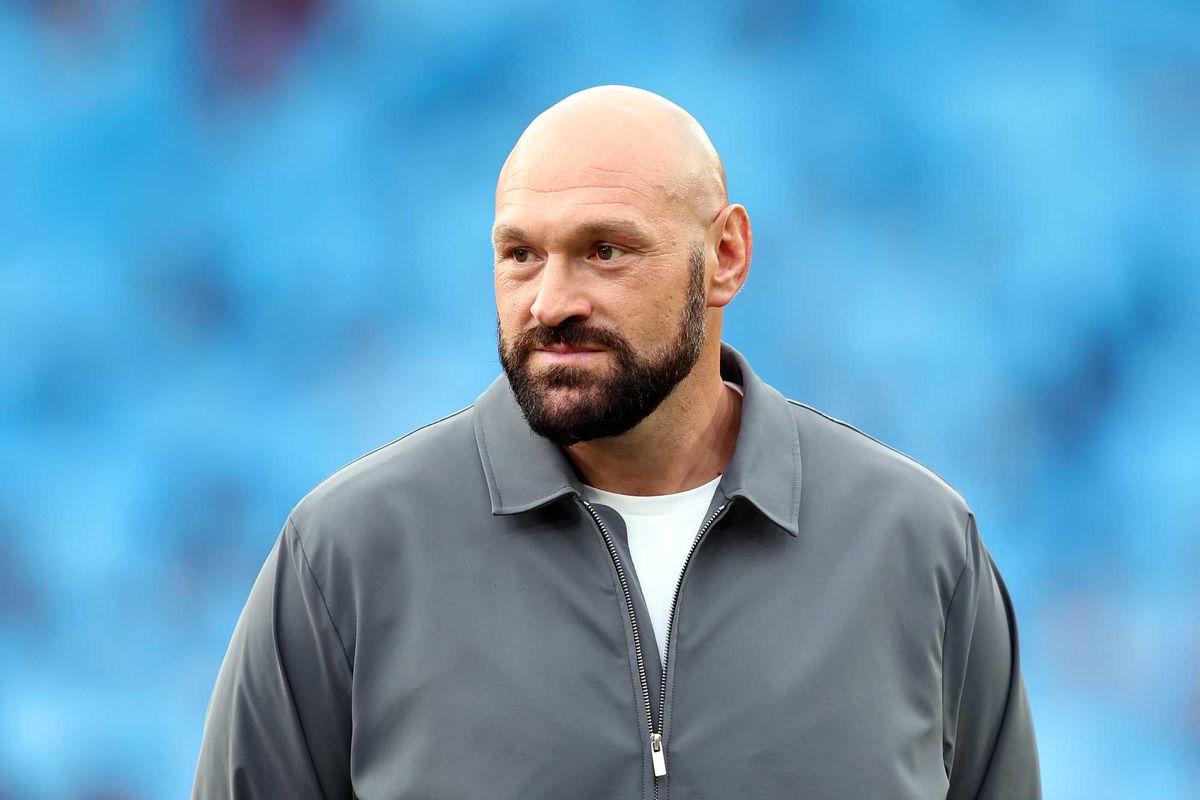News
Sirena Bergman
Apr 30, 2020
As news broke this morning of Carrie Symonds giving birth to a baby boy, one question seemed to be on everyone's mind – will the prime minister be taking paternity leave?
He has since announced he will be postponing it until later in the year, but nonetheless the arguments about whether or not that was the right choice rage on.
The eternal struggle of high profile politicians balancing their duty to the country with their family often makes headlines, but more often than not, they relate to women. To this day, breastfeeding remains technically banned in the House of Commons (although speaker Lindsay Hoyle recently said he wouldn't object to it, which is... nice).
Over in Australia, the first ever politician to breastfeed in parliament was Senator Larissa Waters as recently as 2017, while New Zealand Prime Minister Jacinda Ardern faced endless commentary about her choice to take six weeks' maternity leave after giving birth in 2018, with her partner becoming the primary caregiver thereafter.
In news that will surprise no one, it's pretty rare to hear any male politician face questions about how he will balance being both a father and doing his job. This echoes the general double standard that permeates the rest of society. It's why famous (male) Hollywood actors are never asked about their work-life balance, while their female counterparts face the question endlessly; it's why research shows bosses are reluctant to hire women of a childbearing age but appear to have no such qualms about the men.
The past decade has seen more conversations than ever before about this topic, and in the UK more progressive legislation has been passed to try and redress the balance, such as the Shared Parental Leave Regulation of 2014, which allows both parents to split out the time they have off work. Although 2014 may sound pretty recent, it's worth noting that the right to paternity leave at all was only enshrined into law in 2002.
But while these things are undoubtedly a step forward, these issues are complicated by the systemic gender inequality which permeates every aspect of society. For example, last year it was reported that only 1 per cent of parents actually make real use of shared parental leave, a situation which can at least in part be attributed to the persistent gender pay gap.
There's no doubt that the gender dynamics of childcare are complex and different for each individual. So why are people so concerned about Boris Johnson's choice?
The arguments are loud and impassioned and there are valid points on each side. Here are the issues at play.
Taking paternity leave makes a statement
There are people who argue that it's important for world leaders to be an example to the rest of us.
Boris Johnson's record doesn't suggest he is much of a feminist at all (here's a list of seven of his most horrifyingly misogynistic moments), but people are arguing that this isn't really the point. In fact, it could make his choice even more valuable. Seeing a man potentially sacrificing his career in order to care for his fiancee and child – perhaps especially one who other less enlightened men will relate to – could be considered a pivotal moment in the way we view paternity leave.
In case you ever needed proof that toxic masculinity is alive and well, and just as detrimental to women as it is to men, a 2018 government report suggested that many fathers are "embarrassed" to request the time off, and 44 per cent said they had lied or bent the truth to their employer about family-related responsibilities that might be seen as interfering with work.
These employment rights are a crucial pillar of left-wing ideology, which is making this whole situation even more of a headscratcher.
It's understandable that people would think public perception could shift were Boris Johnson to take a stand on this issue.
... but is this the 'statement' we need right now?
The most common response to this line of argument is that now is not the time to make this point.
Not that anyone needs reminding, but we are in kind of unique circumstances right now, and leadership is important. Johnson has already been absent for weeks after he was hospitalised due to contracting coronavirus (after ignoring numerous pieces of advice on how the rest of us should protect ourselves). This is not a great look, and isn't about to get better if he takes even more time off.
In the PM's absence, Dominic Raab has been leading the government, but his response has been lacklustre. The UK is still not considering lifting lockdown restrictions, we are still seeing around 4,000 new cases and hundreds of deaths every day, a lack of protective equipment for NHS staff and testing targets are still looking unreachable.
Will Boris Johnson change any of this? Unclear. But at the very least if he remains in his position he can be held accountable for the government's action (or lack thereof).
Carrie Symonds engenders both sympathy and disdain
Whether fair or not, Symonds will be judged based on her choice of partner.
There's no doubt that becoming a mother for the first time during a global pandemic while social distancing must be incredibly taxing, both physically and emotionally. It's on this basis that people seem to be expressing a huge amount of empathy for her.
But as a counterpoint: if having her fiancee at home to help her look after her new baby would make things easier for her, is this a sacrifice the country should be willing to make for one woman?
Data shows that on average there are around 60,000 births in the UK every month. That means that since entering lockdown, tens of thousands women have been through this experience. Many of them will be struggling financially as the pandemic throws millions of people into employment uncertainty. Then there are those living in poverty due to government cuts imposed by the Conservative party, or due to the impact of Brexit.
No one is suggesting that Johnson or Symonds should be held personally responsible for every individual struggling due to the prime minister's political choices, but feeling sorry for her is a step too far for many.
If – and, admittedly, it's a BIG if – Boris Johnson's return can help ease even a modicum of the suffering brought to people up and down the country due to the outbreak of Covid-19, there's probably a sizeable chunk of people who'd think Symonds' wellbeing for a couple of weeks is a price worth paying. Ideally no one should have to make this choice, not even Boris Johnson, but that's the situation we're in.
Empathy is always important and surely no one wishes her or her child any ill-will, but being engaged to a prime minister comes with a lot of perks – this may be one of the drawbacks. We would all do well to spare a moment for the women parenting alone, who Symonds' fiancee has repeatedly denigrated and belittled.
Boris Johnson has never changed a nappy
Just because an argument sounds flippant doesn't make it any less valid.
In a TV interview last year, the father of an unclear number of (but at least five) children was asked whether he would be changing his new baby's nappies. His response:
I’m not going to, I, I, well, I’m not going to, I’m not going to, well obviously.
Asked by Holly Willoughby whether he would "give it a go", he replied: "I expect so."
Sounds very much like he's never changed a nappy in his life, doesn't it? People are bringing this up now along with his confusing family tree: he has four children by ex-wife Marina Wheeler and another daughter from an extra-marital affair, but is also believed to have fathered another child outside of his marriage and refuses to say how many children he has.
Not to mention the obvious double standard here, considering the way he's spoken about "single mothers" in the past.
Of course people can change, but it's understandable that people may be wondering whether he'd actually be any more use to Symonds than he is to the rest of the country...
Top 100
The Conversation (0)














